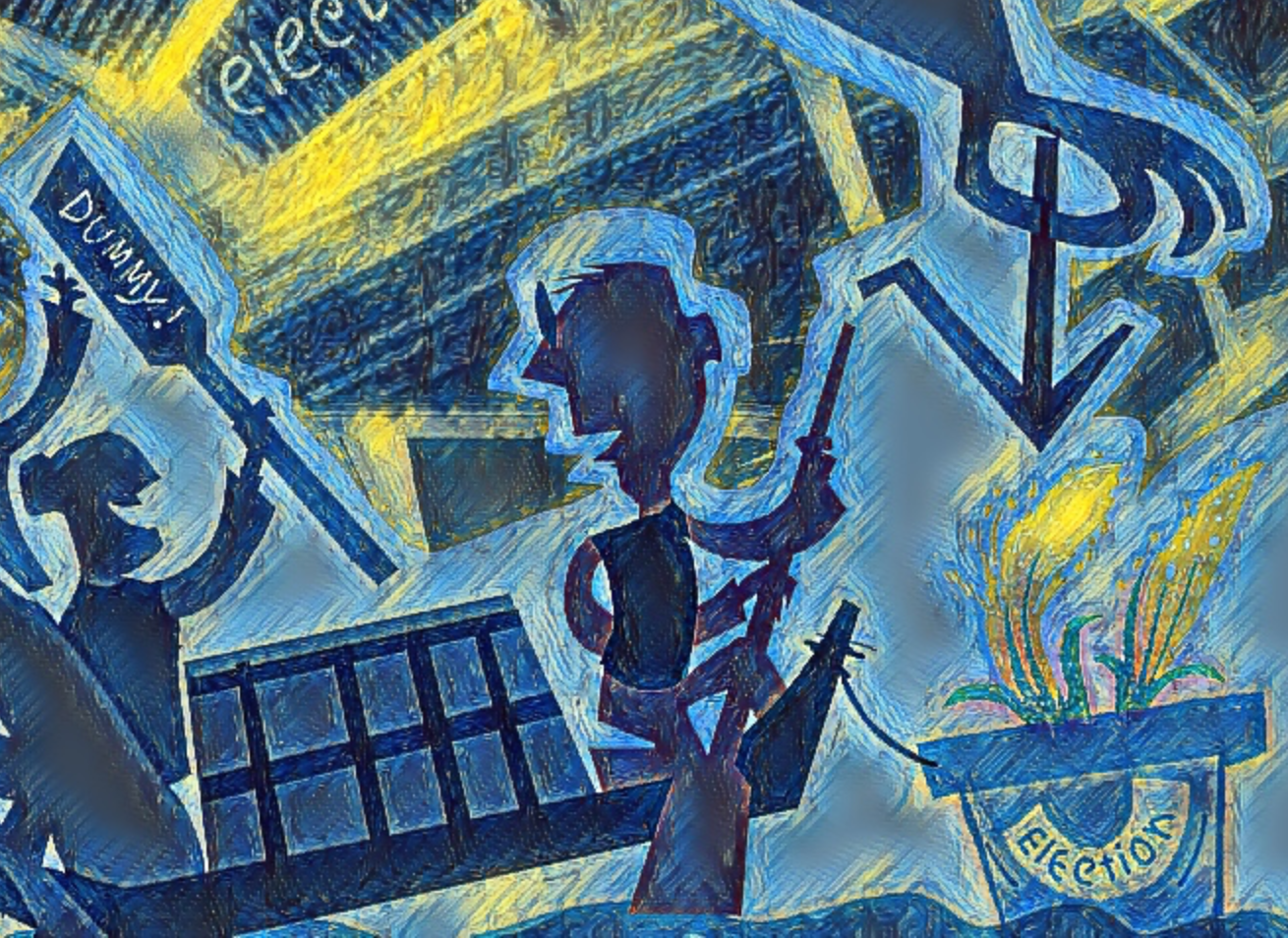As calls for elections mount, Yunus is likely to face an unsettled political landscape soon

At the United Nations General Assembly, Prof. Muhammad Yunus, Bangladesh’s interim government chief adviser, has become a focal point of global attention—perhaps more so than any other leader.
However, back home, the demand for the next general election is growing louder, underscoring a stark contrast between international acclaim and domestic unrest.
On the world stage, Yunus has passionately called on the international community to engage with a "new Bangladesh," one committed to freedom and democracy for all.
His charisma and impressive track record have naturally garnered support from major powers, particularly the United States, highlighting his influence in global affairs.
Yet, while all is quiet on the Western front, the situation in Bangladesh is increasingly fraught with tension.
Analysts warn that the unelected government may struggle to manage the rising confrontations and chaos which they said would only intensify in the coming days.
Various factions—seen by some as remnants of Sheikh Hasina’s oppressive regime—are sowing discord, and there’s a growing sentiment among the populace that the government’s advisors are too lenient and, at times, "too naive" to effectively navigate the challenges ahead.
In his speeches, Dr. Yunus consistently emphasizes a message of unity, urging citizens to remain patient and allow for necessary reforms to prevent the resurgence of authoritarianism. "We are like one big family," he reassures the nation, calling for time to transform the system.
During the UNGA, he asserted that the power of Bangladesh's ordinary people, particularly its youth, presents a unique opportunity to overhaul societal structures and eradicate discrimination.
However, his introduction of special assistant Mahfuj Alam as the "mastermind behind the July Revolution" raised eyebrows, possibly overshadowing his key message.
The recent spotlight on Mahfuj Alam as the "mastermind" behind the July Revolution has already sparked considerable controversy.
Many critics argue that Prof. Muhammad Yunus has over-credited Alam and the student movement, overshadowing the crucial roles played by ordinary citizens and political activists from the Bangladesh Nationalist Party (BNP) and Jamaat-e-Islami.

Political parties
resent the lack of recognition
These two parties are poised to be the main beneficiaries should a general election occur, particularly given the challenges the Awami League faces in making a political comeback.
Political analysts across the spectrum view the BNP as the “party in waiting,” ready to reclaim power amid the current turbulence.
Against this backdrop, Yunus’s emphasis on students as the revolution's heroes has frustrated not only major political factions but also independent analysts, many of whom have substantial followings on social media.
Public demand for elections meanwhile is growing, fueled by widespread frustration over being deprived of voting rights in the last three elections, all conducted under Sheikh Hasina’s contentious regime.
Leaders from BNP and Jamaat-e-Islami have so far exhibited notable restraint in their calls for swift elections.
However, they find themselves grappling with their medium and grassroots leaders, who are increasingly impatient for a timeline on electoral processes.
These leaders contend that any necessary reforms should be guided by an elected government, emphasizing that the public must be considered the true stakeholders in the state’s future.
Talking with Bangla Outlook, BNP Secretary General Mirza Fakhrul Islam Alamgir underscored the urgency of implementing necessary reforms, stating, “There is no alternative to reforming the country through an elected parliament.”
He said the interim government should not be allowed to remain indefinitely and pointed out that “delaying elections in the name of reforms is unacceptable.”
Alamgir also said that meaningful reforms cannot occur without public participation, making an elected government essential.

Calls for specific
timeframe for election
Echoing this sentiment, BNP Standing Committee Member Dr. Khondoker Mosharraf Hossain insisted that the government must swiftly announce an election date.
“We have repeatedly said that holding elections should not be delayed under the pretext of reforms,” he told Bangla Outlook on Friday.
He further noted that if the interim government is unable to complete the reform process, the next elected government should be empowered to finish the necessary tasks.
On a similar note, Jamaat-e-Islami Ameer Dr. Shafiqur Rahman, while adopting a more diplomatic tone, warned that excessive delays in the general election could lead to disorder and the emergence of “unwanted elements.”
He stressed the importance of developing a roadmap for reforms and elections in consultation with political parties and stakeholders from all sectors.
Jamaat-e-Islami Publicity Secretary Motiur Rahman Akanda voiced similar concerns, criticizing the interim government’s timeline for announcing an election date within 18 months.
“We believe this is an excessive delay for declaring an election roadmap,” Akanda remarked, urging the government to expedite its reforms and hold elections sooner.
Additionally, smaller political parties have also expressed their desire for timely elections, adding to the chorus of voices advocating for urgent political change in Bangladesh.
In an interview with Bangla Outlook, Comrade Saiful Haque, General Secretary of the Revolutionary Workers Party, emphasized that "the primary responsibility of the interim government is to initiate discussions with political parties to establish reform priorities."
He also urged for the rapid reconstitution of the Election Commission, the updating of the voter list, and the prompt announcement of the general election date.
—-

